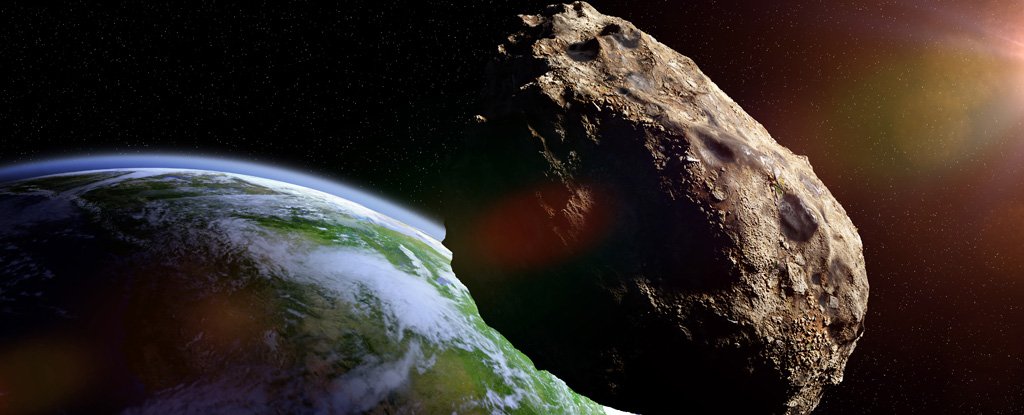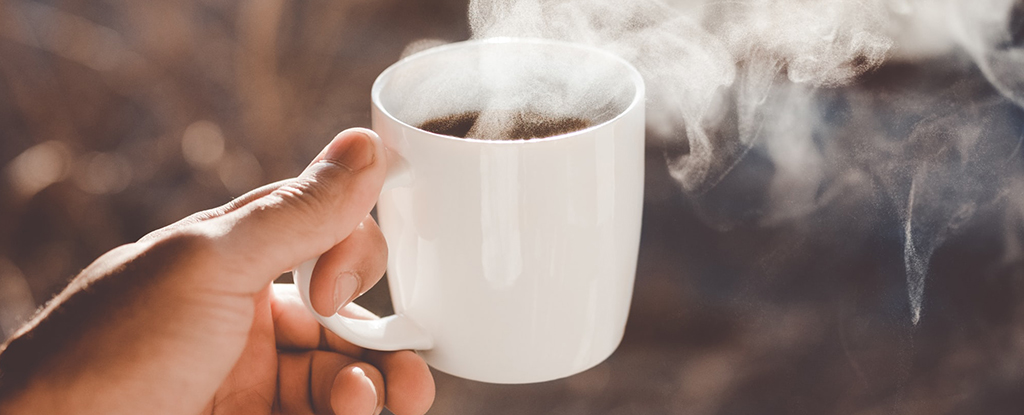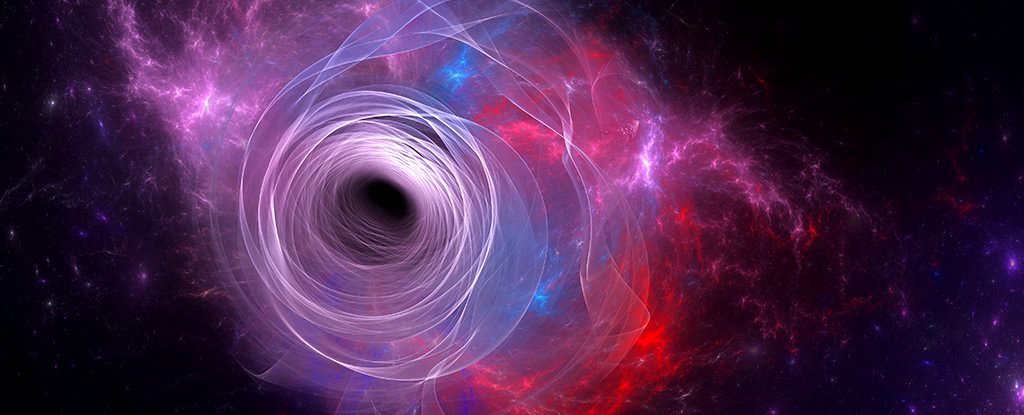In the waters around Antarctica, decades ago, humans heard a strange sound: a repeating noise that sounded like the quacking of a duck, if the duck was a giant kraken.
In the years following the first report of the so-called Bio-Duck in 1960, scientists struggled to explain it. We still don’t have a complete answer, but new work analyzing Bio-Duck sounds suggests that whatever is making it is having a conversation.
“We discovered that there were usually several different speakers at different places in the ocean, and all of them making these sounds,” says ocean scientist Ross Chapman of the University of Victoria in Canada.
“The most amazing thing was that when one speaker was talking, the others were quiet, as though they were listening. Then the first speaker would stop talking and listen to responses from others.”
frameborder=”0″ allow=”accelerometer; autoplay; clipboard-write; encrypted-media; gyroscope; picture-in-picture; web-share” referrerpolicy=”strict-origin-when-cross-origin” allowfullscreen>
Chapman presented his team’s work at the 187th Meeting of the Acoustical Society of America.
The oceans are very large, very deep, and very difficult for humans to explore. It’s often said we know more about Mars than we do about the seafloor. So it’s not surprising that there are things lurking down there that we haven’t seen, and animal behaviors we can’t identify.
The Bio-Duck was first recorded in Antarctic waters, and later off the western coast of Australia.
An answer finally arrived in 2014: using tags that recorded their behavior, scientists were able to link the sound to Antarctic minke whales (Balaenoptera bonaerensis). The whales made sounds that were similar to recordings of the Bio-Duck sound.
Case closed? Not quite, Chapman says. Similar sounds recorded in other oceans around Australia and New Zealand have not been linked to sightings of an animal, meaning it could be minke, or there could very well be another cetacean that makes Bio-Duck-like calls.
Chapman has been studying the soundscape of the southern ocean since the 1980s, when recordings revealed that the Bio-Duck or its higher-frequency cousin, the Bio-Goose, could be heard all around Australia and New Zealand. He and his colleagues determined that the sound had to be coming from an animal.
“The sound was so repeatable, we couldn’t believe at first that it was biological,” he explains.
“You have to understand that this type of study of ocean noise was in its infancy in those days. As it turned out, we learned something new about sound in the ocean every day as we looked further into the data – it was really an exciting time for us.”
Even if the sound is always made by Antarctic minke whales, there’s still a mystery there. We don’t know the purpose of the calls. But Chapman is relatively certain that the nature of the recordings he and his team have analyzed is a back-and-forth, like a conversation.
And the purpose of that conversation is also a mystery.
“It’s always been an unanswered issue in my mind,” Chapman says. “Maybe they were talking about dinner, maybe it was parents talking to children, or maybe they were simply commenting on that crazy ship that kept going back and forth towing that long string behind it.”
Maybe further research will reveal it.
The findings were presented at the 187th Meeting of the Acoustical Society of America.





